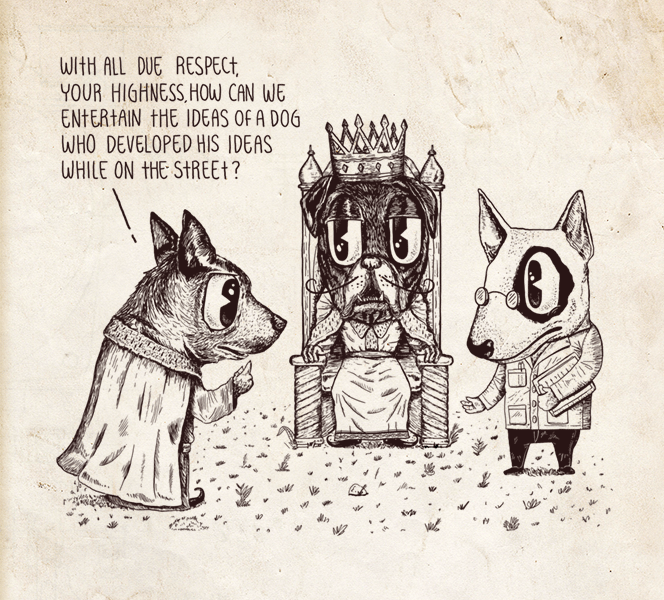(Monroe County)
Does Jesus invite me to come to him "just as I am?" Thank God, yes!
When I follow Jesus will I stay "just as I am?" Thank God, no!
The book of Galatians explains both statements.
The first statement is about justification. Justification means being made right with God.
There was a teaching floating around in the early church that what Christ accomplished on the cross was not enough to justify us. More was needed, taught the Judaizers. In addition to Christ's atoning sacrificial death, one must also become a Jew, and, if male, be circumcised, and follow the Mosaic law and the dietary laws and keep the Jewish holy days.
To this, Paul gives a resounding "NO!" That is a "different gospel - really, no gospel at all." (Gal. 1:6-7). Such teachings "pervert" the gospel of Christ.
But once we come to Jesus, just as we are, and are justified, are we then to stay just as we are? To that idea, Paul gives a resounding "No!" To explain this, Paul contrasts the works of the "flesh" (sinful inclinations) with the works of the Spirit. Works of the flesh include,
sexual immorality, impurity and debauchery;
20 idolatry and witchcraft; hatred, discord, jealousy,
fits of rage, selfish ambition, dissensions, factions
21 and envy; drunkenness, orgies, and the like.
I warn you, as I did before, that those who live like this will not inherit the kingdom of God.
The works of the flesh and the fruit of the Spirit are contrary to each other, are in conflict with each other. Paul's beautiful prayer for these new Christians was that they be "formed into Christlikeness," by the power of the Holy Spirit (Gal. 4:19).
Now, in Christ, we are new creations. God has put his Spirit in us. We are to walk in the Spirit, keep in step with the Spirit, say "Yes" to the leadings of the Spirit. As we do this, the Holy Spirit grows "fruit of the Spirit" in us, which includes...
love, joy, peace, forbearance, kindness, goodness, faithfulness, 2
3 gentleness and self-control. Against such things there is no law.
24 Those who belong to Christ Jesus have crucified the flesh
with its passions and desires.
25 Since we live by the Spirit, let us keep in step with the Spirit.
All who have come to Christ, to include myself, were a hot mess. Yet we could come "Just as I am." That's justification. Thank God for it!
Then, all who abide in Christ and worship Him become different creations. That's sanctification. Thank God for it!
Here's the idea, again, from the apostle Paul.
Do not be deceived: Neither the sexually immoral
nor idolaters nor adulterers nor men who have sex with men
10 nor thieves nor the greedy nor drunkards nor slanderers
nor swindlers will inherit the kingdom of God.
11 And that is what some of you were.
But you were washed, you were sanctified,
you were justified in the name of the Lord Jesus Christ
and by the Spirit of our God.
***
Want to dig deeper into the book of Galatians? I recommend...
Craig Keener - Galatians: A Commentary
Ben Witherington - Grace in Galatia: A Commentary on Paul's Letter to the Galatians
Scot McKnight - Galatians: The NIV Application Commentary
N. T. Wright - Galatians
Tim Keller - Galatians for You













